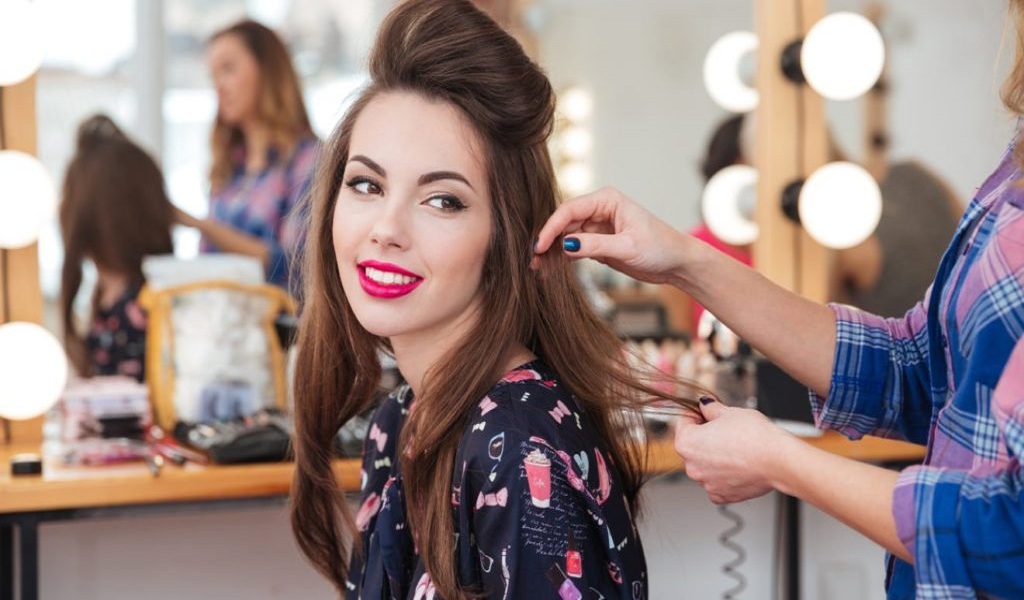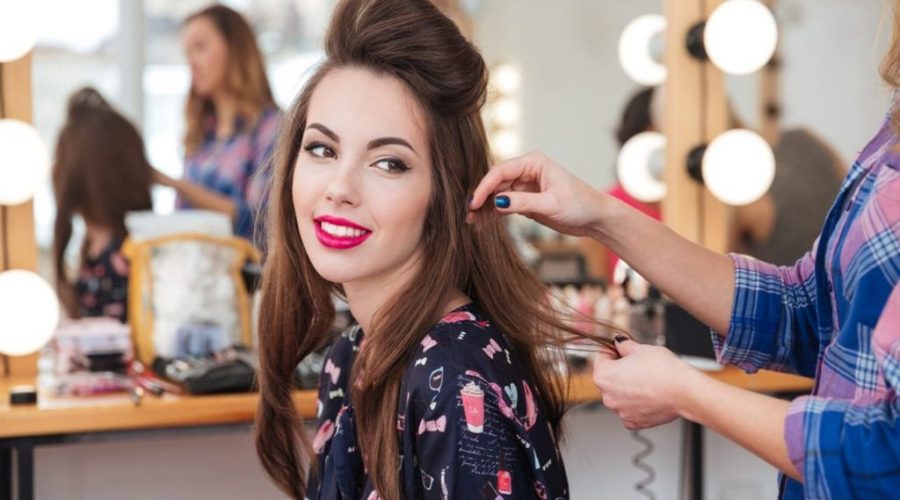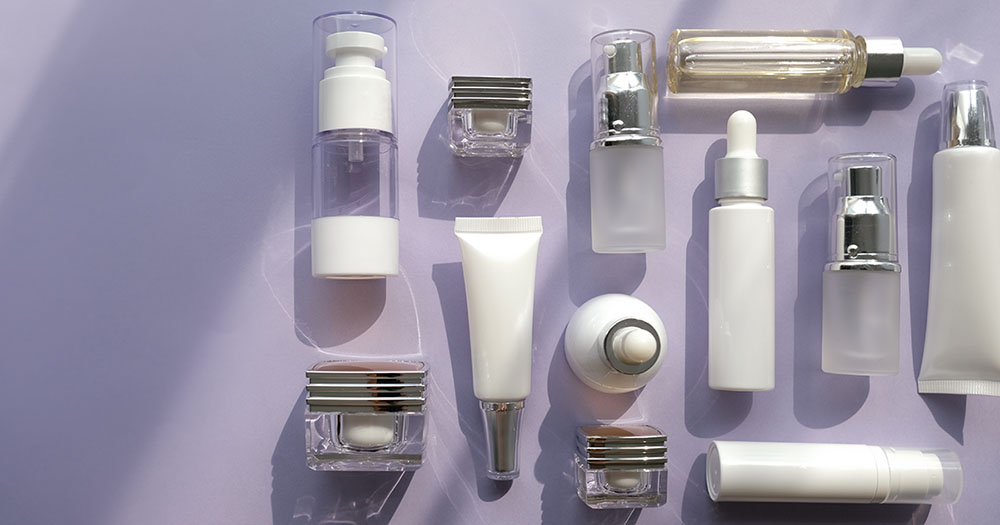Trends for the Beauty Sector in 2020
According to the report, 2019 was a positive year for the segment, with major acquisitions by Unilever and the advancement of new brands within the sustainable economy.
The beauty industry is also becoming increasingly technology-enabled, using innovations such as artificial intelligence, 3D printing, big data and blockchain to make personalized skincare products more personalized.
We have selected a summary of the key trends that will take the beauty industry next year. Check out:

- Connected beauty systems
Brands are introducing integrated beauty systems to customize skin care and treatments by collecting buyers’ behavioral data. Increasingly, these companies are using artificial intelligence to customize analytics and generate customer recommendations.
It will detect users’ skin conditions via mobile devices and offer a new personalized formula every day.
- Purchase of small brands
There has been a huge increase in the incubation and acceleration activities of beauty startups and their acquisition by major brands, which made millionaire financing and acquisitions this year, and are expected to continue in 2020.
- Inclusive and neutral general products
Male personal care is receiving more and more attention from the market, as well as the emergence of beauty companies or products with no gender focus. Another growing trend is the focus on skins with shades beyond Caucasian and the emergence of skincare for babies and toddlers.
- Globalization and location
In addition to South Korea’s cosmetics market, other beauty markets are on the rise and worldwide distribution such as China, Indonesia and the Nordic countries – all with products with a naturalistic footprint.
- Partnership with farms and laboratories
Herbal ingredients and probiotics took over the beauty world in 2019.
Many natural skincare brands are integrating and working with farms and agritechs, which act as laboratories for testing natural ingredients and technologies. This way you can better control the origin of your ingredients, mitigate potential risks and provide a more transparent culture.





